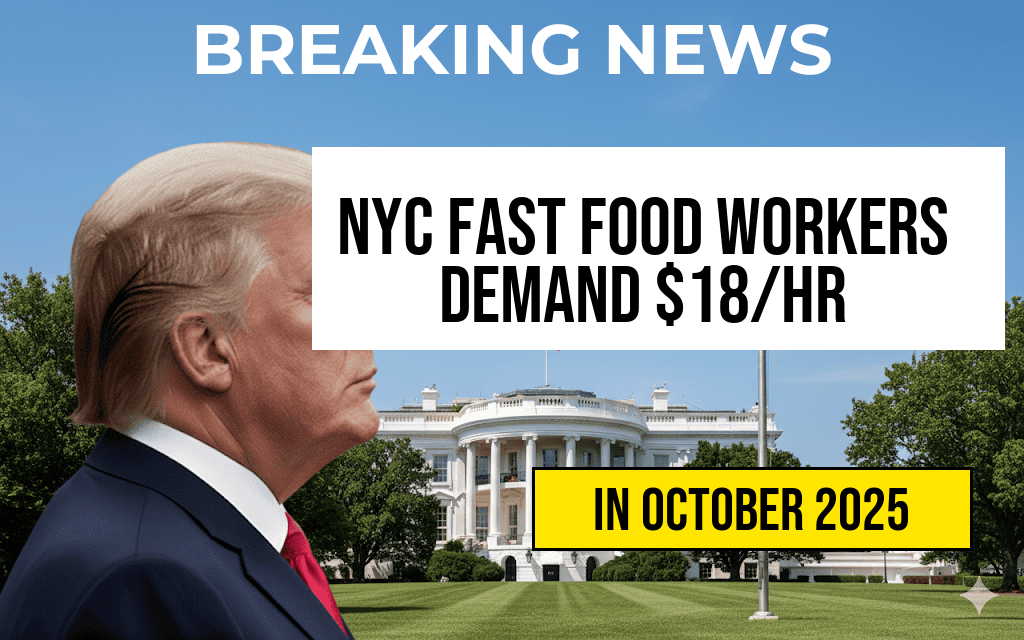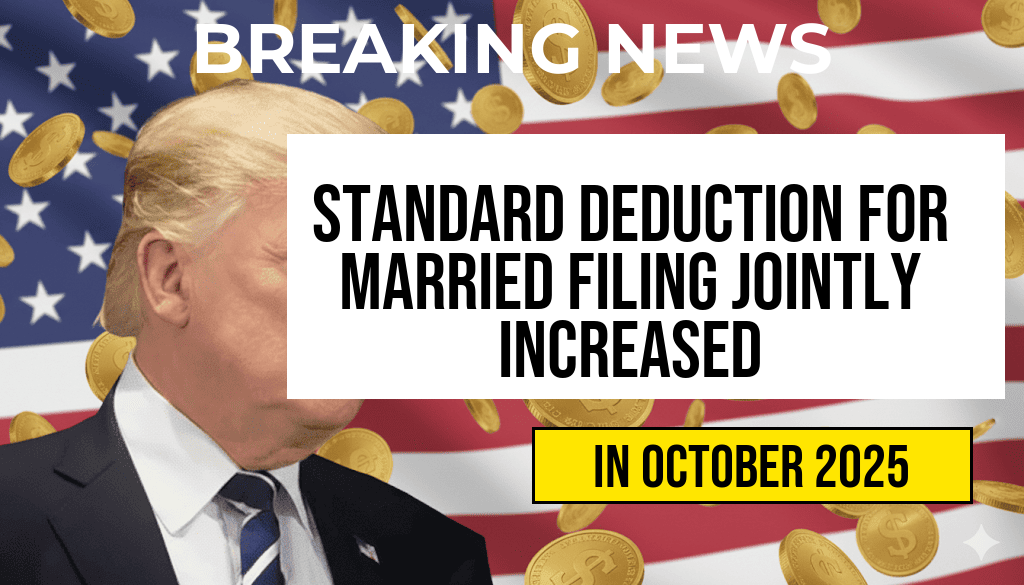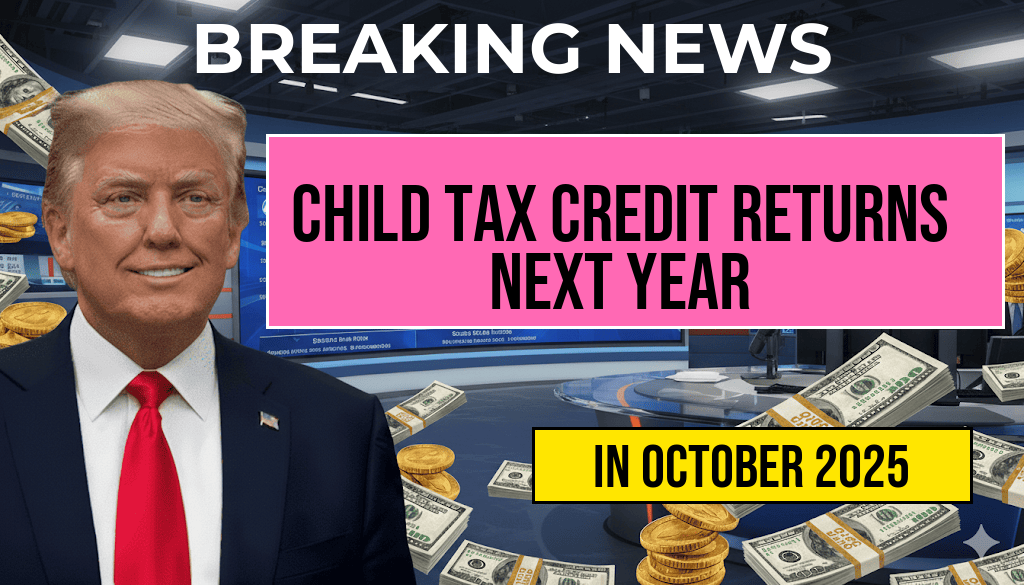Fast food workers in New York City are rallying for a significant raise, advocating for a minimum wage of $18 an hour. The movement, led predominantly by frontline employees and labor activists, aims to address the economic challenges faced by workers in a city with one of the highest living costs in the United States. Despite recent increases in the city’s minimum wage, many fast food employees argue that their current pay remains insufficient to cover basic expenses such as housing, transportation, and healthcare. The campaign has gained momentum amid broader discussions about living wages and economic inequality, prompting city officials and industry representatives to engage in debates over fair compensation. As the push for higher wages intensifies, stakeholders are examining the potential impacts on business operations, employment, and the city’s ongoing efforts to reduce income disparities.
Background on NYC Fast Food Wages and the Movement’s Origins
New York City’s minimum wage for fast food workers has gradually increased over the past few years, reaching $15 an hour in 2019 and scheduled to rise to $15.75 in 2023. However, advocates argue that these increments are insufficient given the city’s soaring housing costs and inflation rates. The federal minimum wage remains at $7.25, but New York’s state and city laws set higher standards, with city officials committed to a $15 minimum for fast food workers by 2024.
The movement for an $18 minimum wage gained traction earlier this year when workers organized protests outside major fast food chains like McDonald’s, Burger King, and Wendy’s. These protests aimed to amplify calls for a living wage, emphasizing that current pay fails to meet the demands of urban life in NYC. Labor unions and advocacy groups such as the NYC Department of Consumer and Worker Protection have expressed support, framing the issue within broader economic justice efforts.
Economic Rationale Behind the $18 Wage Proposal
Proponents cite reports indicating that a worker earning $15 an hour in NYC might take home approximately $31,200 annually before taxes, working a standard 40-hour week. Yet, a 2022 analysis by the NYC Department of Consumer and Worker Protection suggests that a single adult needs roughly $35,000 to $40,000 per year to cover basic living expenses comfortably. This gap fuels calls for an increase to $18 an hour, which would translate to approximately $37,440 annually, narrowing the disparity.
| Hourly Wage | Annual Income (40 hrs/week) | Comments |
|---|---|---|
| $15 | $31,200 | Current NYC fast food minimum wage |
| $18 | $37,440 | Proposed minimum wage advocated by workers |
| $20 | $41,600 | Potential future target for livable wages |
Industry Response and Economic Implications
Industry representatives caution that a substantial wage hike could have unintended consequences, including increased menu prices and potential job reductions. The National Restaurant Association has highlighted concerns that a rise to $18 an hour might force some establishments to cut hours or automate services to maintain profitability. Conversely, advocates argue that higher wages could boost employee morale, reduce turnover, and stimulate local economies through increased consumer spending.
City officials are approaching the debate with a focus on balancing economic growth with fair labor standards. Mayor Eric Adams has acknowledged the importance of supporting essential workers but also emphasized the need for sustainable business practices. Some policymakers are exploring phased wage increases coupled with support programs for small businesses to mitigate economic shocks.
Legal and Political Context
New York State has legislation that supports scheduled minimum wage increases, yet efforts to push beyond existing thresholds face political hurdles. Labor groups are mobilizing to push for city-specific ordinances that could set a higher minimum wage for fast food workers, citing the unique economic pressures in NYC. The state legislature remains divided on the issue, with some members advocating for more aggressive wage policies to address income inequality.
Recent polling indicates that a majority of New Yorkers support higher wages for frontline workers, especially those in low-paying sectors like fast food. However, opposition from industry lobbyists and some elected officials underscores the ongoing political debate about the feasibility and economic impact of such measures.
Community Perspectives and Future Outlook
Workers leading the charge emphasize that earning a living wage is fundamental to economic dignity and stability. “We’re not asking for handouts,” said Maria Lopez, a McDonald’s employee participating in protests. “We just want to earn enough to survive and support our families.” Community organizations are mobilizing to support the movement through petitions and public demonstrations, aiming to keep the issue at the forefront of local policy discussions.
As the debate continues, several city council members are advocating for a dedicated commission to study the wage needs of NYC’s low-income workers, with an eye toward enacting policies that reflect the city’s economic realities. The outcome of these efforts could shape labor standards in NYC for years to come, influencing how fast food and other service industry workers are compensated nationwide.
Sources such as Forbes and Wikipedia’s article on NYC economy provide additional context on economic trends affecting wage policies in the city.
Frequently Asked Questions
What is the main goal of New York fast food workers’ advocacy efforts?
The primary goal is to raise the minimum wage for fast food workers in New York City to $18 an hour to ensure fair compensation and improve living standards.
Why are fast food workers advocating for a higher minimum wage in NYC?
Fast food workers are advocating for an $18 an hour minimum wage to address low wages, economic inequality, and to better support their families and communities.
How does the current minimum wage for fast food workers compare to the proposed $18 an hour?
Currently, the minimum wage for fast food workers in NYC is lower than the proposed $18 an hour, prompting calls for incremental increases to reach a fairer standard of pay.
What impact could raising the minimum wage have on fast food restaurants in NYC?
Raising the minimum wage could lead to increased labor costs for restaurants, but it may also improve worker retention and motivation, ultimately benefiting the service quality and business sustainability.
What are the next steps for fast food workers and advocates in their campaign?
Advocates plan to continue organizing, lobbying, and engaging with policy makers to push for legislation that sets the $18 minimum wage in NYC fast food sector.






